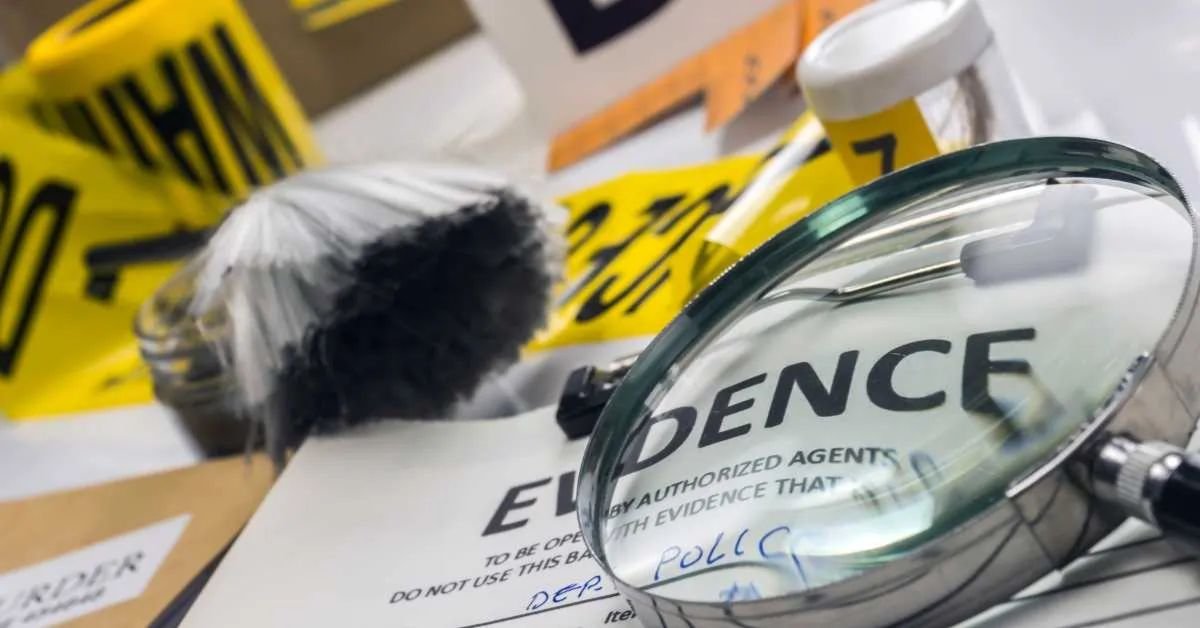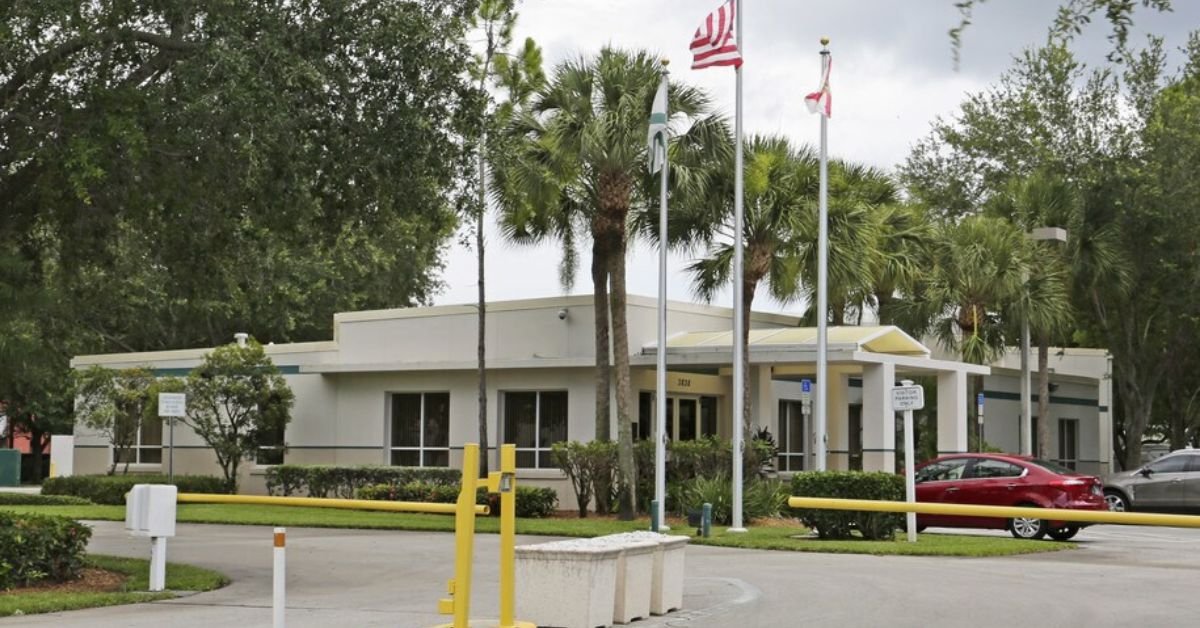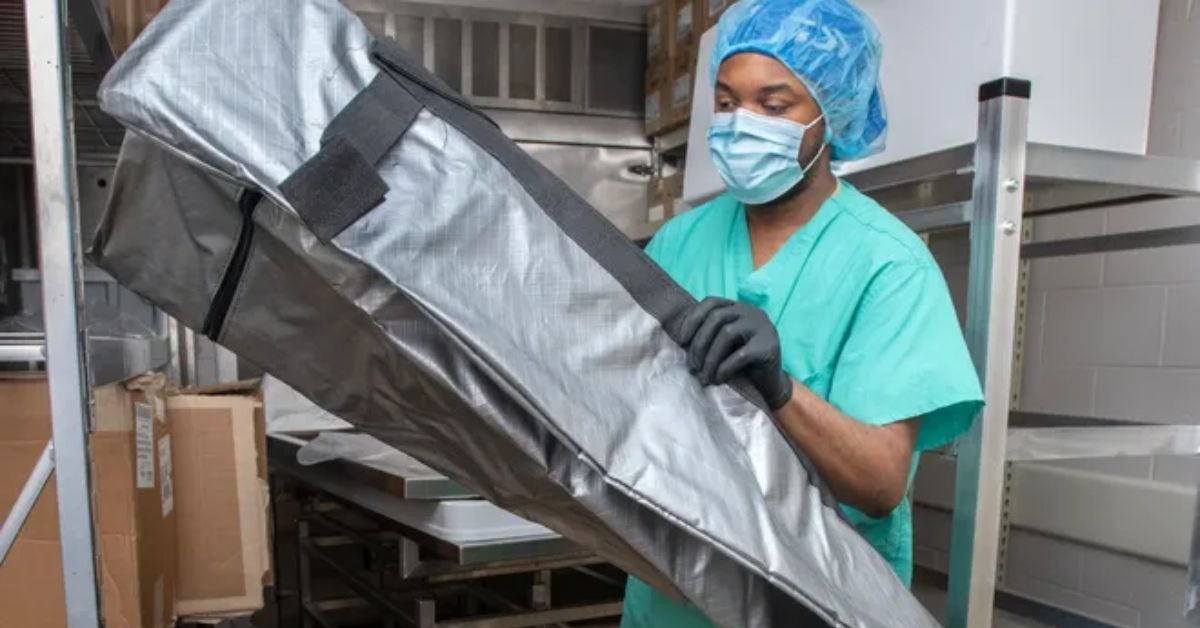In Florida, autopsy reports serve as vital pieces of evidence in death investigations, particularly in cases involving homicide, accidents, or natural causes. However, the confidentiality of these reports is a matter of legal concern, balancing public interest, privacy rights, and the needs of law enforcement. The confidentiality of autopsy reports in Florida is governed by state statutes, court rulings, and privacy laws to ensure that sensitive information is protected while allowing for transparency and accountability where necessary. This article explores the legal considerations surrounding the confidentiality of autopsy reports in Florida, including who can access these reports and under what circumstances.
1. Florida’s Public Records Law and Autopsy Reports
Florida is one of the few states with a broad public records law that mandates transparency in government operations. However, this law includes specific exemptions related to certain types of records, including autopsy reports. According to Florida’s Public Records Law (Chapter 119, Florida Statutes), autopsy reports are generally considered public records, meaning they can be accessed by the public, including journalists, legal professionals, and citizens. However, there are exceptions to this rule based on confidentiality concerns.
2. When Autopsy Reports Are Confidential
Under Florida law, autopsy reports are not always automatically accessible to the public. The Florida Medical Examiners Commission (FMEC) and other relevant authorities maintain strict confidentiality regarding autopsy reports under specific circumstances. Autopsy reports may be kept confidential if the disclosure would:
- Endanger the integrity of an investigation: If an autopsy report contains information that could jeopardize an ongoing criminal investigation or prosecution, it may be withheld. For example, if revealing the details of an autopsy could interfere with witness testimony or lead to the destruction of evidence, the report may be kept confidential until the investigation concludes.
- Harm the privacy of the deceased or the family: In some cases, the disclosure of an autopsy report could cause emotional distress to the deceased’s family or invade their privacy. In such cases, Florida law allows certain exceptions to public access in order to protect family members from unnecessary harm.
- Disclose sensitive medical information: Autopsy reports often include sensitive medical information, such as details about the deceased’s health history, which may be protected under privacy laws like the Health Insurance Portability and Accountability Act (HIPAA). The HIPAA Privacy Rule limits the disclosure of medical information and ensures that personal health data is kept confidential.
3. Who Can Access Autopsy Reports in Florida?
While autopsy reports may be withheld in certain situations, there are several parties who are authorized to request and access them in Florida:
A. Law Enforcement Agencies
Law enforcement officers involved in investigating the death are typically the first to have access to the autopsy report. In cases of suspected homicide or suspicious deaths, the autopsy report is a crucial component of the investigation, providing vital forensic evidence.
B. Family Members
In Florida, immediate family members of the deceased may request access to the autopsy report. However, this is not an automatic right, and the release may depend on the specific circumstances of the case. In cases where there is a risk of emotional harm or privacy concerns, access may be restricted or delayed.
C. Attorneys
Attorneys representing the deceased’s family, or defense attorneys in a criminal case, may request the autopsy report as part of their case preparation. However, access is often granted only if the request is deemed necessary for the pursuit of justice.
D. The Public and Media
As previously mentioned, autopsy reports are generally considered public records in Florida, but this is subject to the exemptions provided by law. Members of the public, including journalists, can request the reports; however, they may be denied access if the report contains sensitive information that falls under one of the statutory exemptions, such as an ongoing investigation or the privacy of the deceased.
4. Legal Exemptions to the Release of Autopsy Reports
In certain cases, Florida law explicitly allows for the withholding of autopsy reports, even if the requestor has a legitimate interest in obtaining the report. Some of the key exemptions include:
A. Ongoing Criminal Investigations
If the autopsy report contains details that could impede an ongoing criminal investigation, law enforcement may request that it be kept confidential. For instance, revealing the cause of death or autopsy findings could potentially influence witness statements or alert suspects to certain evidence. In such cases, the report may be withheld until the investigation concludes.
B. Sensitive Medical Information
Autopsy reports can sometimes contain detailed medical information about the deceased’s physical and mental health history, which may be subject to privacy protections under HIPAA. In cases where the medical information in the autopsy is deemed to be confidential under HIPAA, portions of the report may be redacted before being released.
C. Protecting the Family’s Privacy
In certain cases, the privacy interests of the deceased’s family may outweigh the public’s right to access the autopsy report. Florida law allows for the withholding of autopsy reports when their release would cause significant harm or distress to the family of the deceased. For instance, if the report contains gruesome or explicit details, it may be kept confidential to protect the emotional well-being of the family.
5. How to Request Autopsy Reports in Florida
For those who are authorized to access an autopsy report in Florida, the process for making a request is typically straightforward. Individuals can submit a request to the relevant medical examiner’s office, which will review the request and determine whether the report can be released. The following steps are generally involved:
- Submit a Request: Requests for autopsy reports should be directed to the Medical Examiner’s Office in the county where the death occurred. The request may require submission of specific details, including the name of the deceased, the case number, and proof of the requestor’s relationship to the deceased (for family members).
- Review the Report: If the report is not confidential, it will be made available to the requester. If portions of the report are exempt from disclosure, the relevant sections may be redacted before the report is released.
- Pay Fees: Florida law allows agencies to charge a fee for the processing and release of public records, including autopsy reports. Fees are typically based on the length and complexity of the report and the cost of administrative work.
- Appeal a Denial: If a request for an autopsy report is denied, the requester can appeal the decision in court. The appeal process involves demonstrating that the report should be made available to the public under Florida’s Public Records Law.
Conclusion
The confidentiality of autopsy reports in Florida is a critical issue, balancing public transparency, law enforcement interests, and privacy concerns. While Florida’s Public Records Law ensures that most autopsy reports are accessible to the public, certain exemptions apply to protect the integrity of criminal investigations and the privacy of individuals involved. Understanding the legal framework surrounding the release of autopsy reports is essential for those seeking access, whether for legal, journalistic, or personal reasons.











